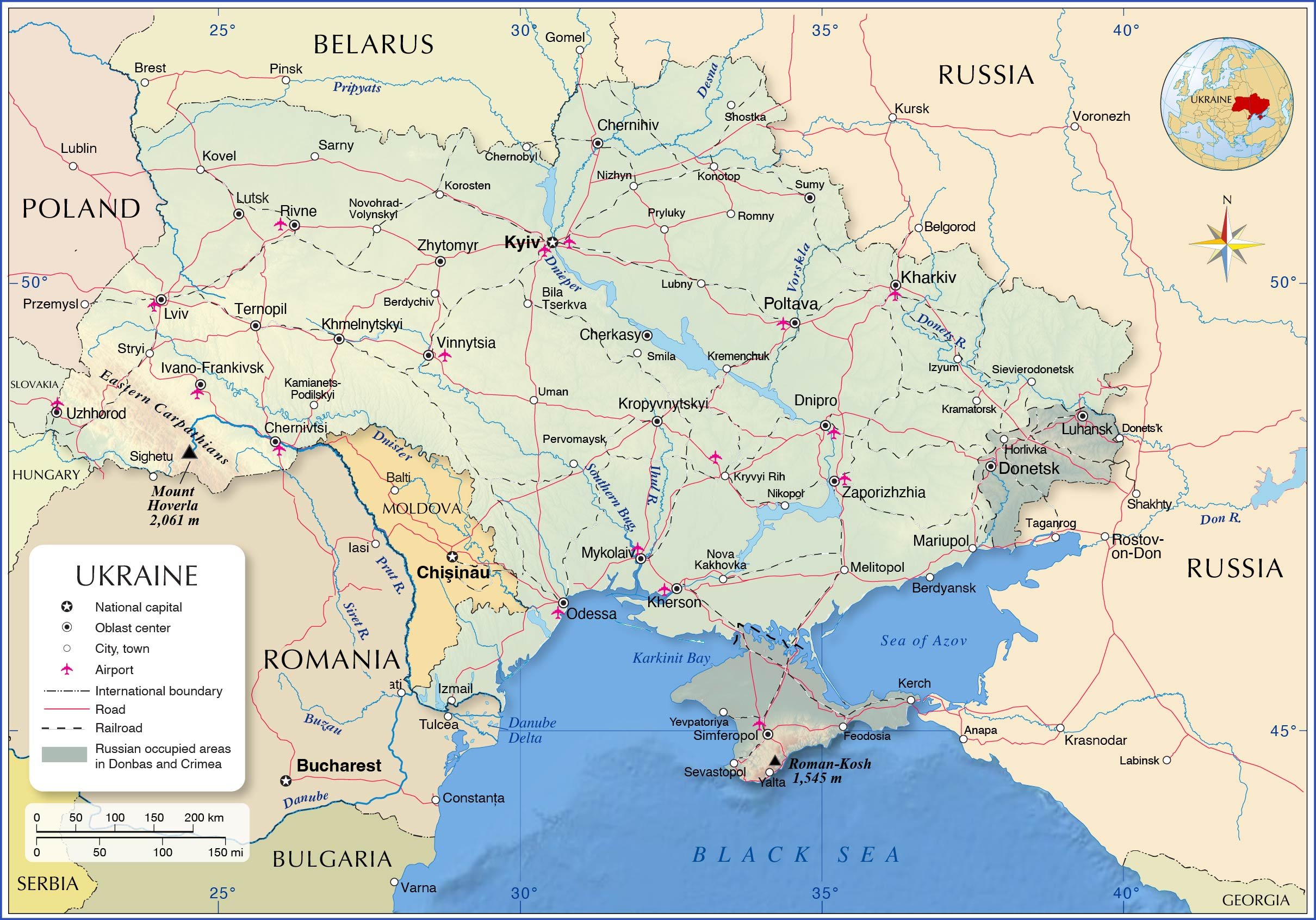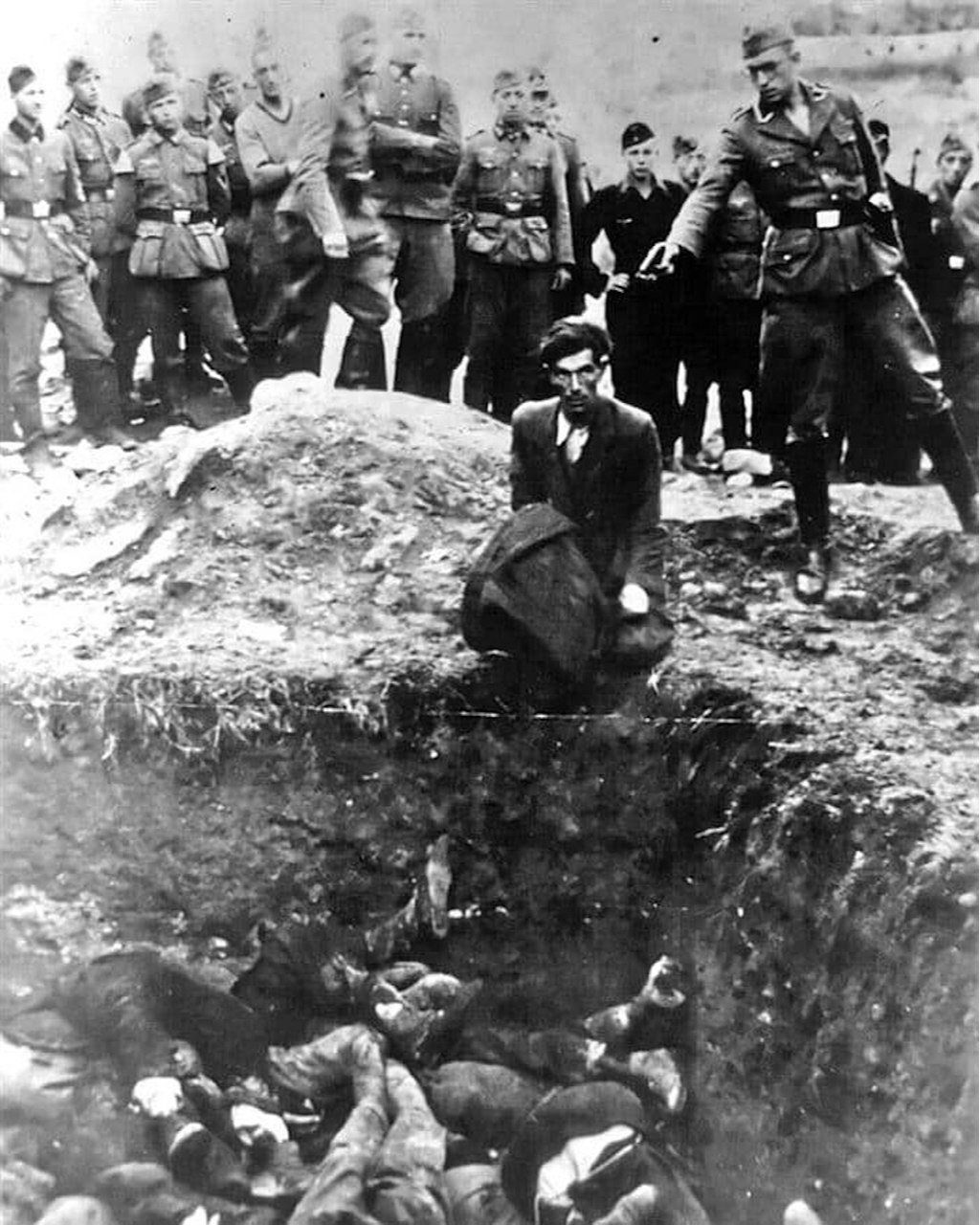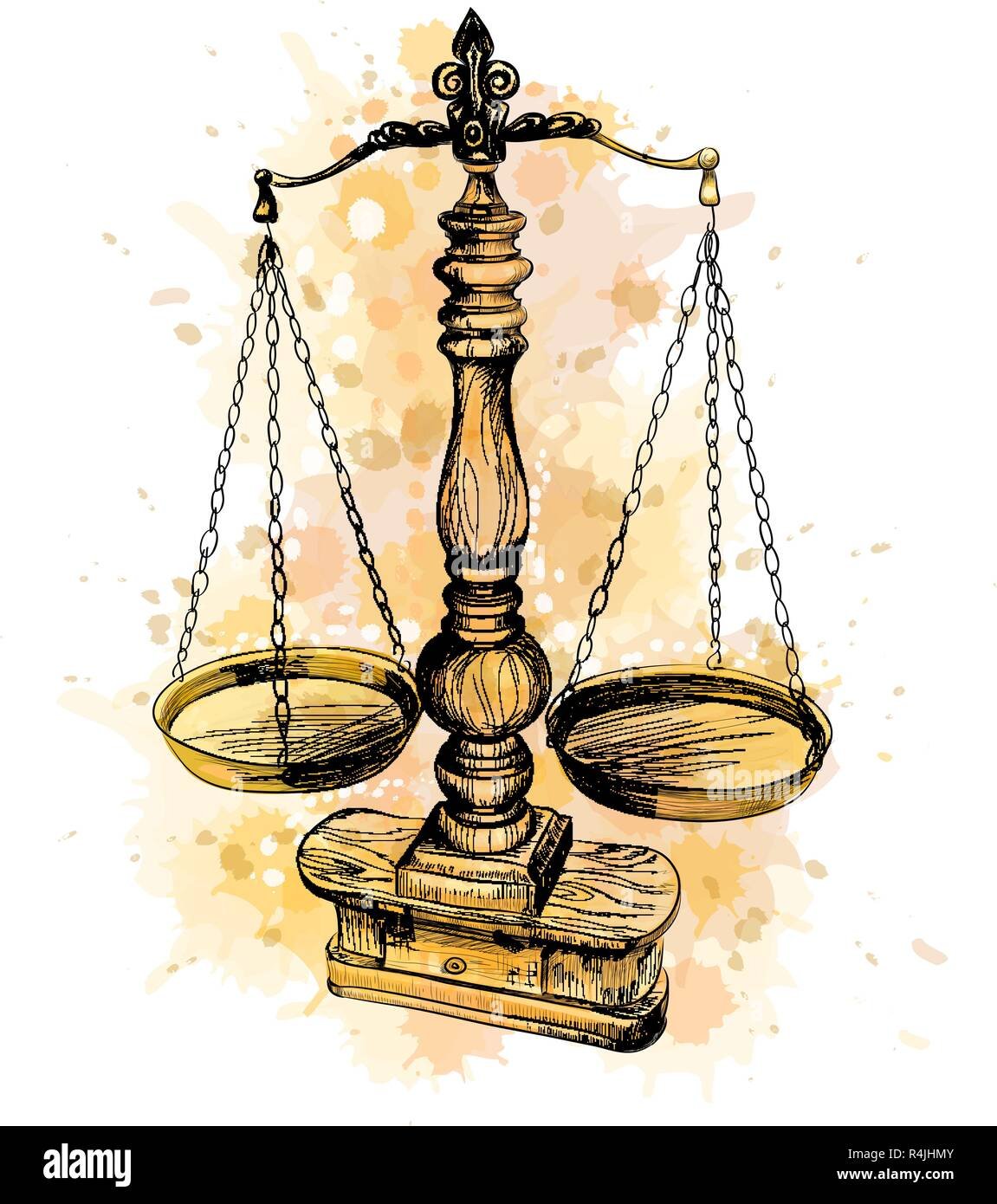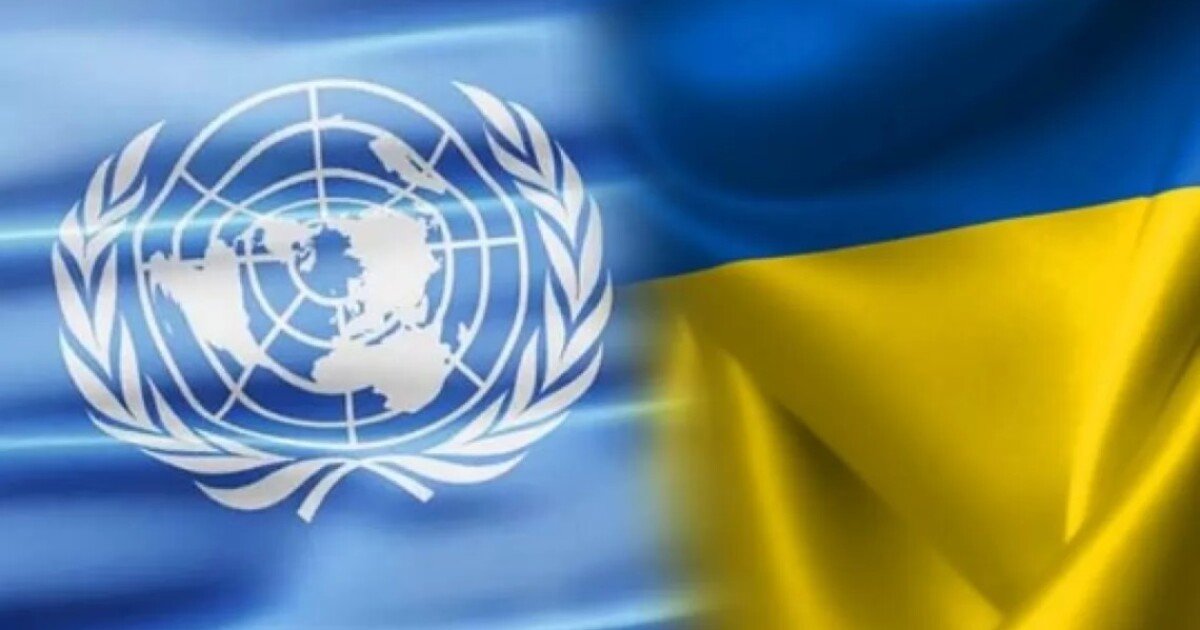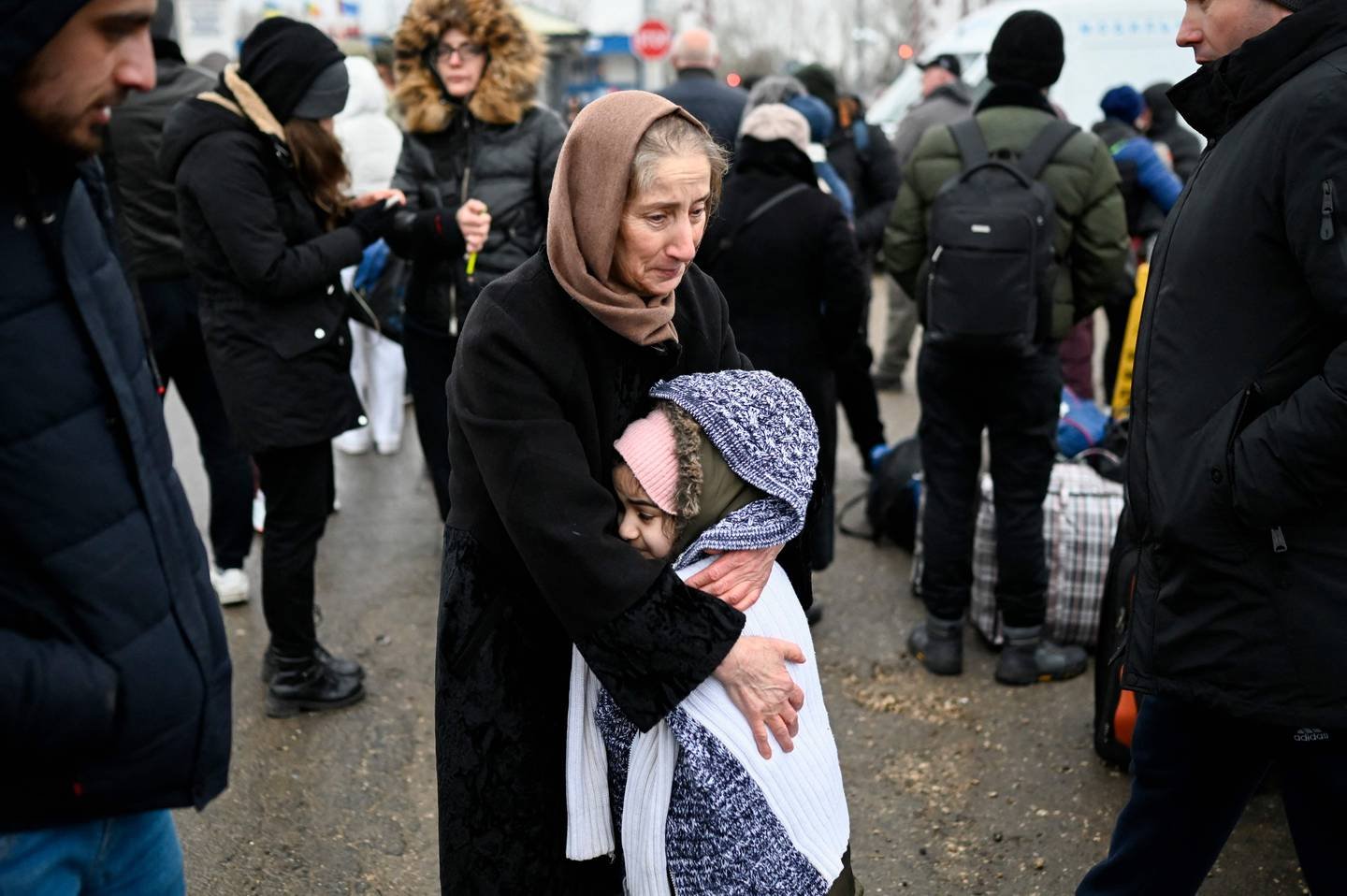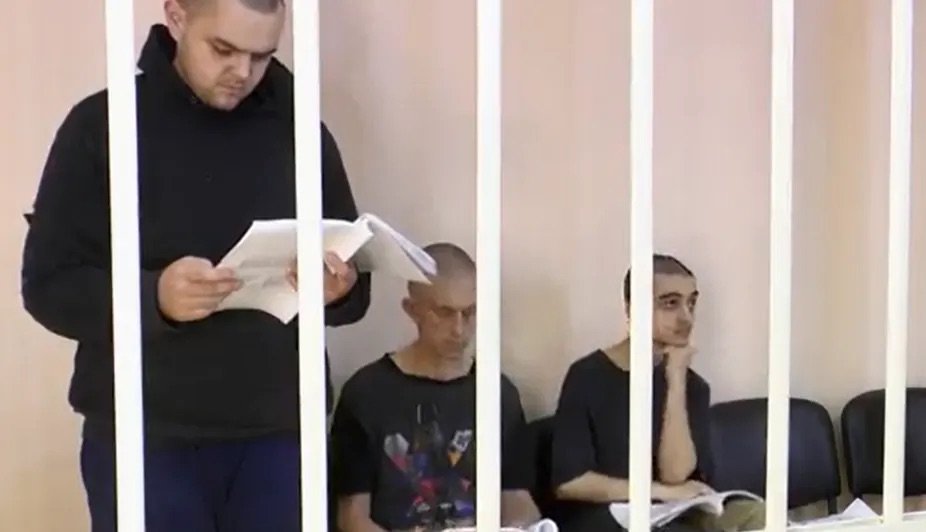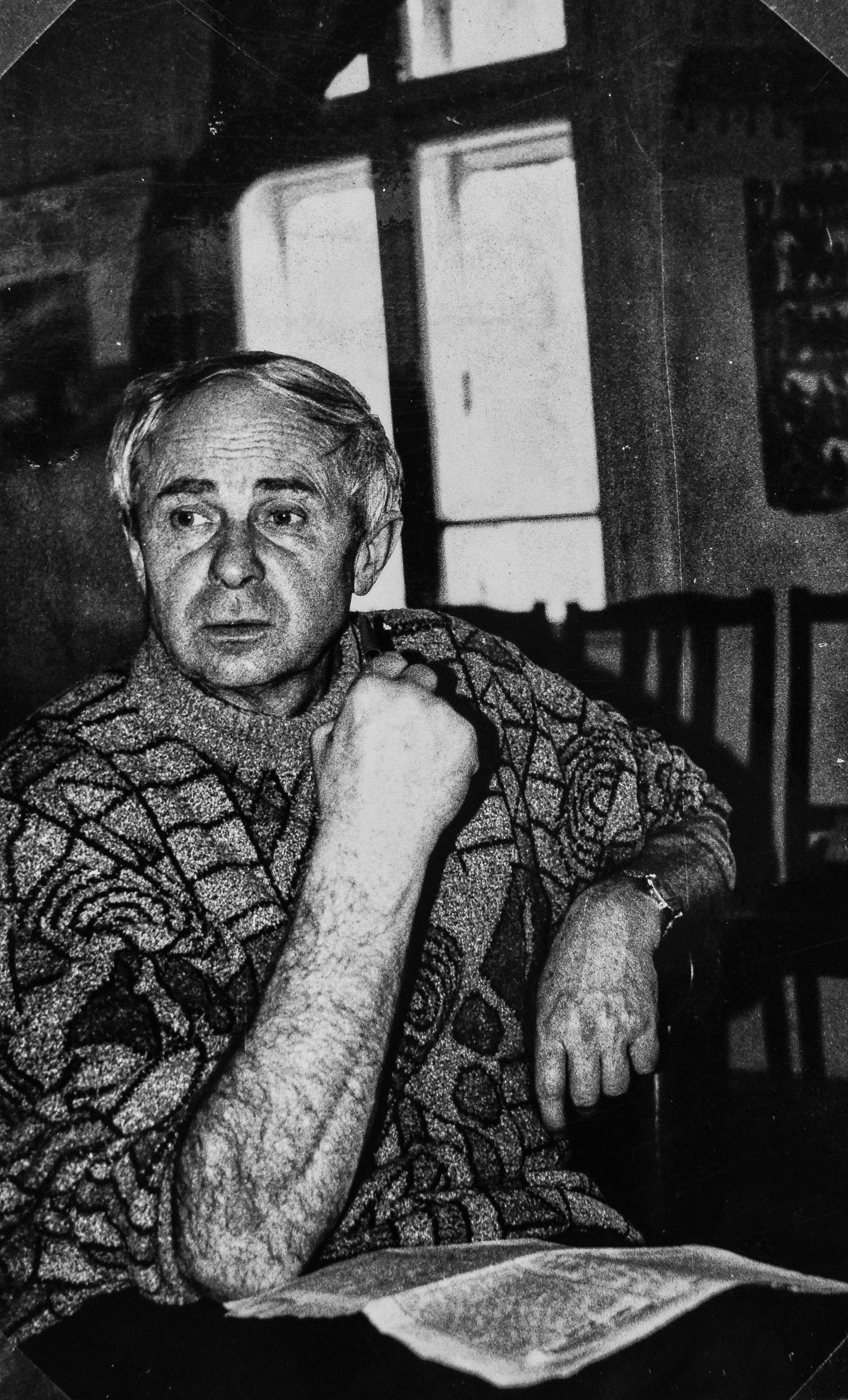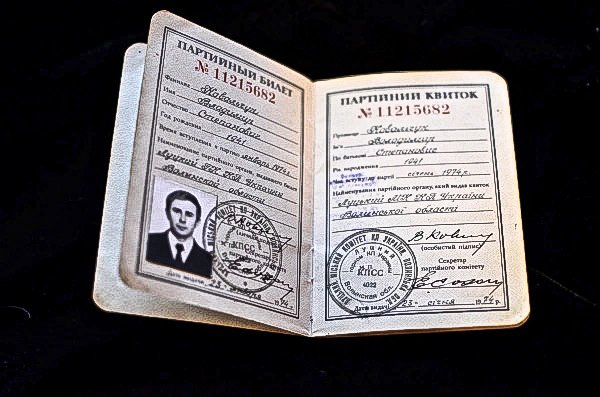A Timeline
February 23: UN Secretary-General António Guterres spoke to the General Assembly saying, “the decision of the Russian Federation to recognize the so-called “independence” of Donetsk and Luhansk regions are violations of the territorial integrity and sovereignty of Ukraine and inconsistent with the principles of the Charter of the United Nations.”
February 24: Russia invaded Ukraine. UN Secretary-General António Guterres said to Russia, “Stop the military operation. Bring the troops back to Russia.”
February 25: Russia vetoed a resolution by the United Nations Security Council that would have declared Russian aggression against Ukraine a violation of Article 2, paragraph 4 of the Charter of the United Nations. The resolution called for Russia to immediately cease its use of force against Ukraine, and withdraw all its military forces immediately, completely, and unconditionally from that country’s territory. The resolution did not pass because of Russia’s veto.
February 27: The Security Council members, frustrated by the veto vote of Russia, voted that the General Assembly convene an emergency special session. This was a procedural act, not subject to the veto power, requiring only the vote of 9 members. The vote was 11 to 1. The Security Council last called for convening an emergency special session of the General Assembly was during the 1982 Lebanon War (Israel v. Syria), and in 1980 during the Soviet-Afghan war.
Russia urged Security Council members not to call the General Assembly, “We hear lies and deceit about the indiscriminate shelling of Ukrainian facilities, hospitals and schools” when “the Russian army does not threaten civilians in Ukraine; it does not shell civilian infrastructure.” Instead, it is the Ukrainian “nationalists” who are using civilians as humans shields and deploying rocket launchers in civilian areas — acts that are used by terrorists and must be condemned.”
February 28: General Assembly called an Emergency Special Session.
Secretary General: “The fighting in Ukraine must stop now.” Noting that bombardments by Russian have been pounding the country day and night, he said the capital, Kyiv, now finds itself surrounded. Ukrainians have been forced to shelter in subway stations and more than half a million have fled across the country’s borders. Citing credible accounts of serious damage sustained by residential buildings and other non-military infrastructure, he described the attacks as unacceptable and stressed that Ukraine’s sovereignty and territorial integrity must be respected.
Russia: The representative of the Russian Federation said the root of the current crisis lies instead with Ukraine itself. Kyiv flouted the Package of Measures for the Implementation of the Minsk Agreements, failed to engage in dialogue with the Donetsk and Luhansk regions and turned a blind eye to the people of Donbas. Against that backdrop, President Vladimir Putin decided to react. “There is a need to de-Nazify Ukraine,” he stressed, adding that his country is exercising its right to self-defense from Ukraine, which strives to obtain nuclear weapons, seeks North Atlantic Treaty Organization (NATO) membership, and is making false territorial claims against the Russian Federation.
Chili: Milenko Esteban Skoknic Tapic said the fact that the Assembly is meeting in emergency format for the first time in decades bears witness to the international community’s frustration at the Security Council’s failure to adopt a decision in favor of peace.
March 2: The General Assembly Member States adopted a resolution 141 to 5, demanding the Russian Federation immediately end its invasion of Ukraine and unconditionally withdraw all its military forces from that neighbouring country. The Assembly also deplored Belarus’ involvement in this illegal action. The 5 in opposition were: Belarus, Democratic People’s Republic of Korea, Eritrea, Russian Federation, and Syria. 35 nations abstained.
March 16: The International Court of Justice ruled in UKRAINE v. RUSSIAN FEDERATION: “The Russian Federation shall immediately suspend the military operations that it commenced on 24 February 2022 in the territory of Ukraine.”
April 7: The UN General Assembly adopted a resolution calling for Russia to be suspended from the Human Rights Council. The resolution received a 2/3 majority of those voting. The vote took place on the anniversary of the 1994 genocide in Rwanda, and the Ukrainian ambassador drew parallels between the crimes committed by Russia with the Rwanda genocide.
Ukraine: Ukrainian Ambassador Sergiy Kyslytsya urged countries to support the resolution. “Bucha and dozens of other Ukrainian cities and villages, where thousands of peaceful residents have been killed, tortured, raped, abducted and robbed by the Russian Army, serve as an example of how dramatically far the Russian Federation has gone from its initial declarations in the human rights domain.”
May 19: “United Nations Secretary-General Antonio Guterres warned of a global food crisis exacerbated as a result of the Russian invasion of Ukraine. Guterres said Ukraine and Russia together produce almost a third of the world's wheat and barley and half of its sunflower oil, and Russia and its ally Belarus are the world's number two and three producers of potash, a key ingredient of fertilizer. The secretary-general said the number of people facing severe food insecurity has doubled in just two years from 135 million pre-pandemic to 276 million today.” DW News. Note: DW News is Deutsche Welle (German Wave), a German public state-owned international broadcaster funded by German federal taxes.
June 8: United Nations reports - Food prices are at near-record highs. Fertilizer prices have more than doubled. Without fertilizers, shortages will spread from corn and wheat to all staple crops, including rice, with a devastating impact on billions of people in Asia and South America, too. Record‑high energy prices are also triggering blackouts and fuel shortages in all parts of the world, especially in Africa.
